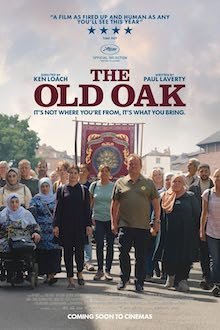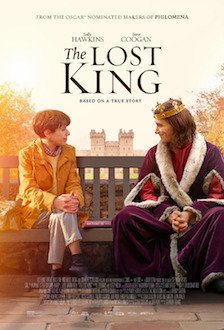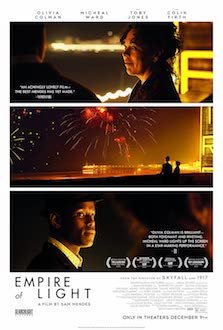Direction: Jonathan Glazer
Country: UK / other
In The Zone of Interest, British filmmaker Jonathan Glazer, known for Birth (2004) and Under the Skin (2013), delivers his finest film to date, a loose adaptation of Martin Amis' novel that rightfully earns the accolade of Best International Feature Film at the Oscars. This visually arresting and original work centers around the diligent Auschwitz commandant Rudolf Hoss (Christian Friedel) and his wife, Hedwig (Sandra Hüller), who reside in their idyllic dream house adjacent to the concentration camp. Shot on location, predominantly with natural light, the film masterfully juxtaposes the serene family life of the couple with the harrowing reality of genocidal atrocities occurring just beyond their property fence.
The characters’ examination is done patiently and incisively within a narrative that doesn’t rely on explicitness to convey its message. The film’s opening scenes are evocative of Jean Renoir’s bucolic A Day in Country, only to swiftly confront the audience with a different reality: the banality of evil. This is done with such a discretion it becomes creepy. There’s family and well-founded dreams on one side, and then selfishness, privilege, and indifference on the other.
Polish cinematographer Lukasz Zal, who previously worked with Pawel Pawlikowski in Ida (2013) and Cold War (2018), contributes to the film’s visual allure with exquisite compositional finesse and meticulous attention to detail. His framing effectively captures the narrative's haunting atmosphere, punctuated by dreamy sequences in negative black and white that offer glimpses of compassion amidst the darkness. Despite these brief moments, it’s all very disturbing and fiercely unsentimental.
The Zone of Interest isn't your high-octane WWII thriller, emerging instead as a spellbinding and unsettling meditation on personal dreams and silent crimes. It’s a powerful and memorable affair that, offering a different perspective of the Holocaust, may feel oppressive despite the absence of explicit violence. Benefitting from impressive performances by the pair of German actors, Glazer portrays this drama with the dazzling smoothness of a movie-making natural.








































